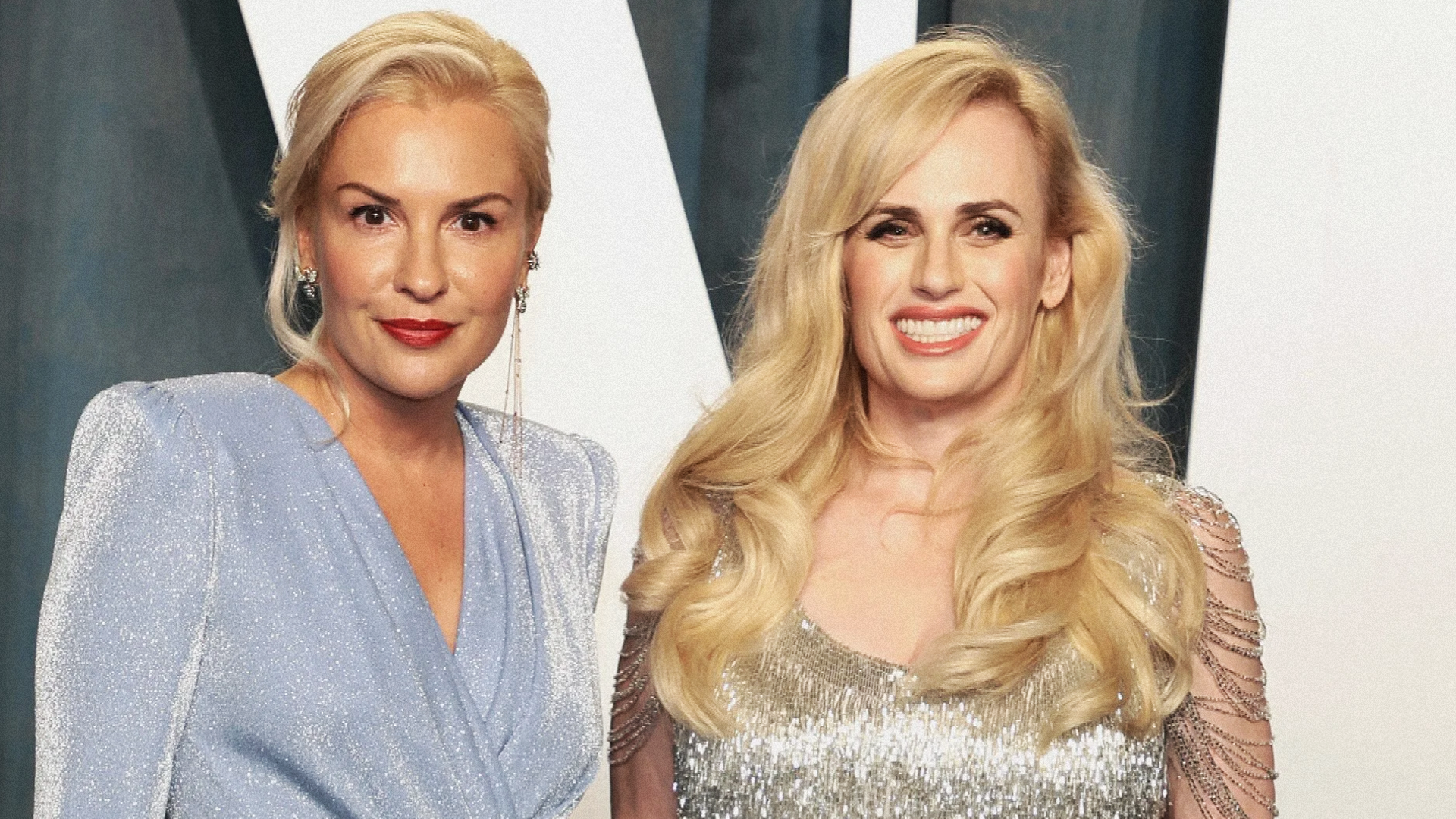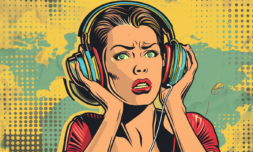Actor Rebel Wilson recently came out on Instagram, announcing her relationship with Ramona Agruma. But what should have been a joyful milestone was tainted by threats and pressure from the media.
The Sydney Morning Herald has faced backlash for its handling of Rebel Wilson’s relationship news. After sharing a sweet photo with her girlfriend, Ramona Agruma, on Instagram, it was revealed the actor had been pressured to announce the news by journalist Andrew Horney.
In a column that has since been removed from the SMH website, a begruntled Horney stated he had been ‘gazumped’ by Wilson’s decision to reveal the news on her own terms – perhaps before she felt ready to. As it turns out, Horney had told Wilson he knew about her relationship, and gave her 27 hours to respond ‘before publishing’.
His own admission at threatening Wilson to share deeply personal information sparked immediate outrage. But it also underlined Horney’s acute ignorance to the gravity of his actions.
The day following Wilson’s Instagram post, Horney wrote in the SMH, ‘it was with an abundance of caution and respect that this media outlet emailed Rebel Wilson’s representatives on Thursday morning, giving her two days to comment on her new relationship […] before publishing a single word.’
For Horney, what could well be deemed blackmail seemed an act of generosity; how gracious of the newspaper to give Wilson a whole two days (!). For Wilson, the rights to her identity had become media fodder.
Dr. Bodie Ashton was one of thousands to call out the SMH and Horney for their irresponsible behaviour and it’s timely correspondence with Pride Month:
‘In case you were wondering how Pride Month is going, the @smh got in touch with Rebel Wilson to say they’d be outing her in the next few days, so when Rebel came out herself the journalists are throwing a tantrum that she robbed them of an exclusive.’
To have a deadline placed on the control you have over your own life is devastating. LGBTQ+ campaigners were heartbroken as news of Wilson’s attempted outing surfaced. For them, it was a familiar story – one where media scrutiny and blackmail muddies a joyful milestone in a queer person’s life.
Wilson has since commented on her experience, tweeting last week that ‘it was a very hard situation but [I’m] trying to handle it with grace’.




















